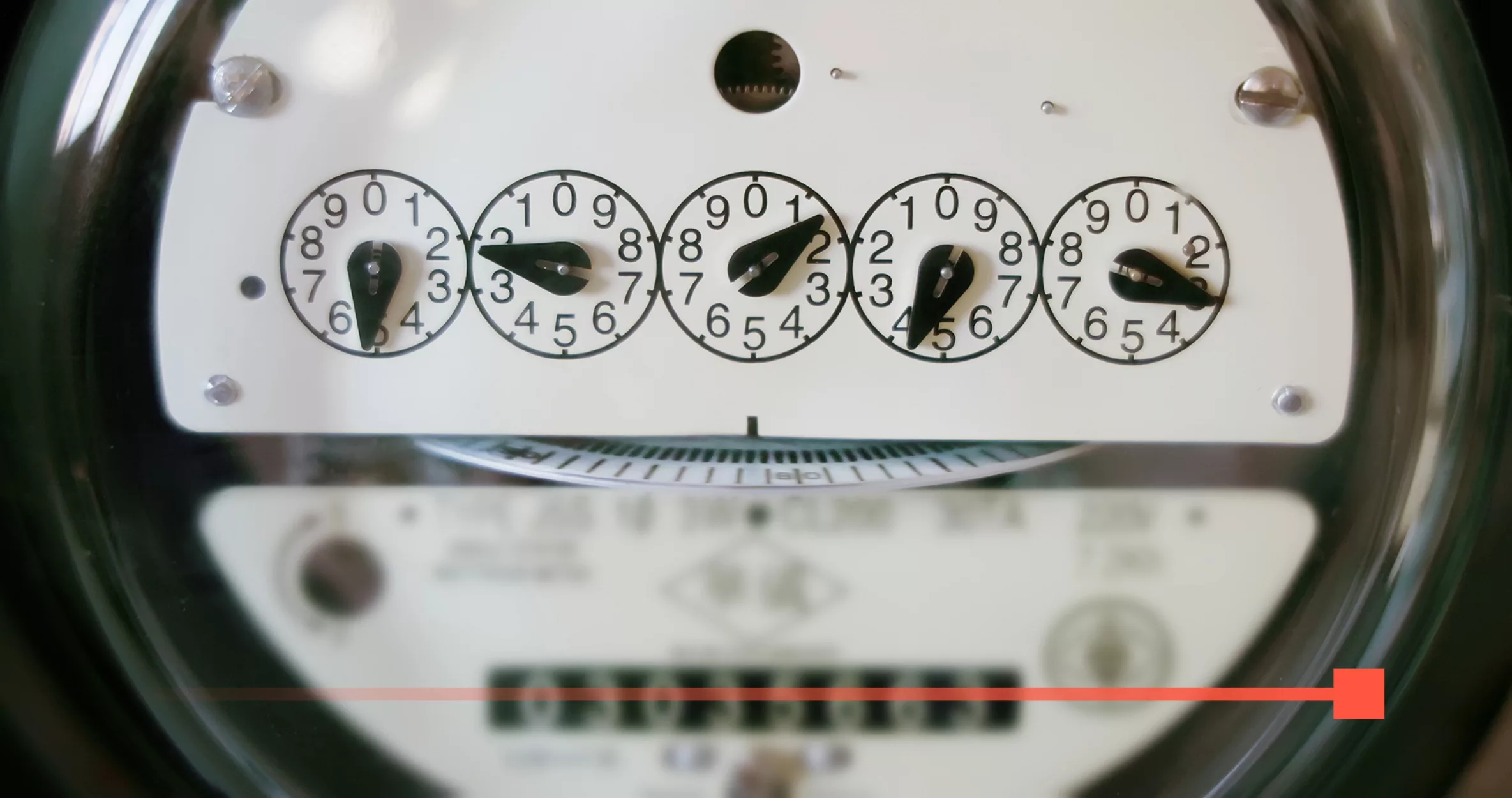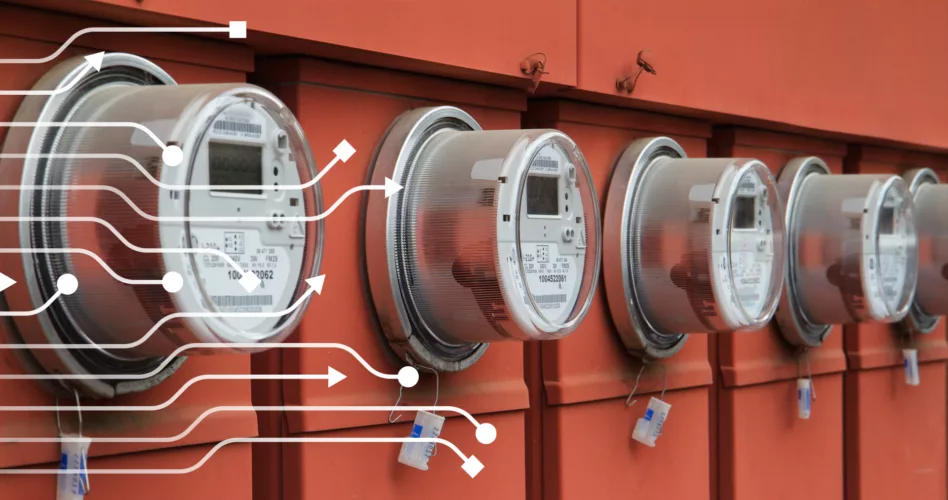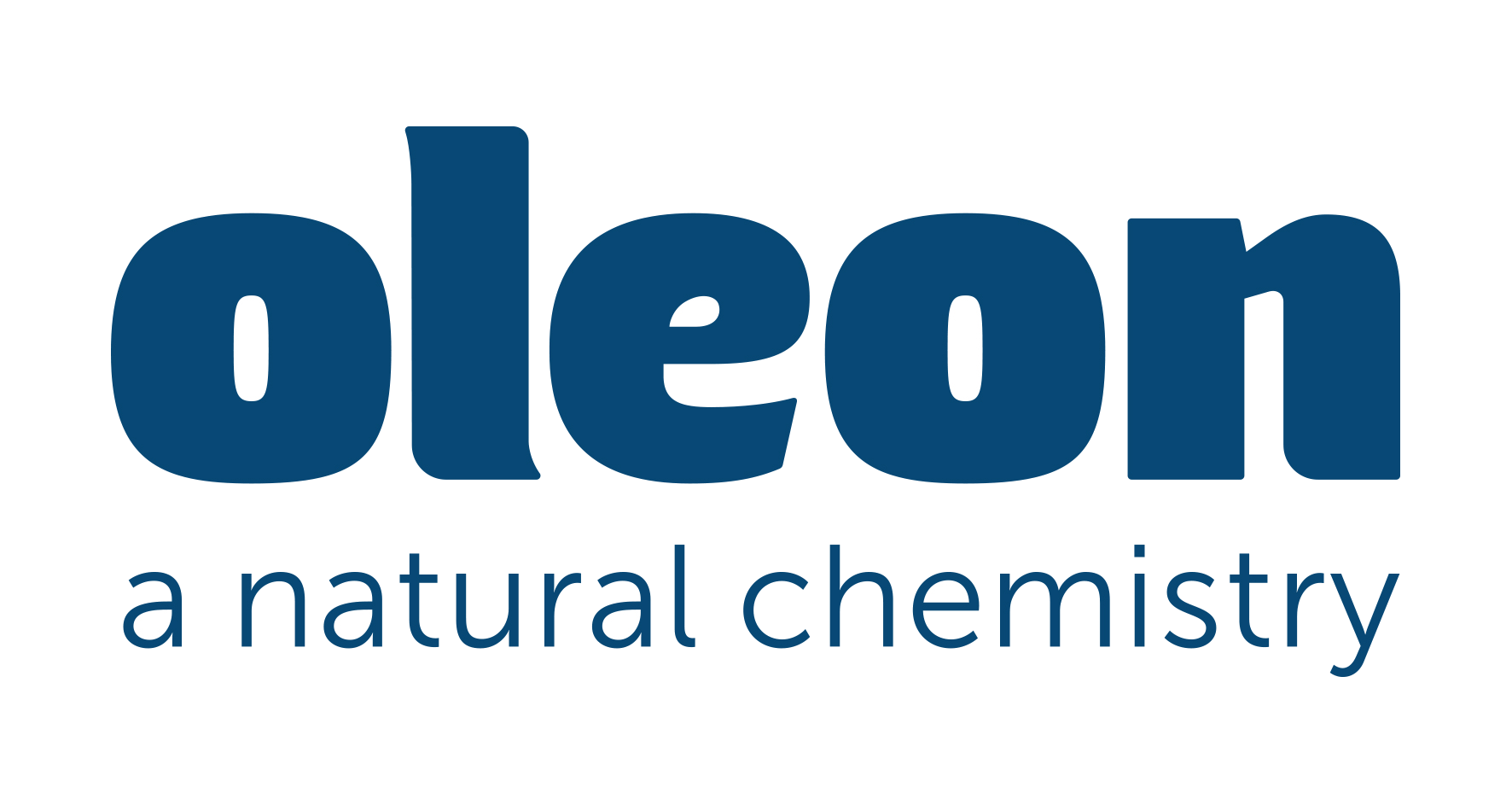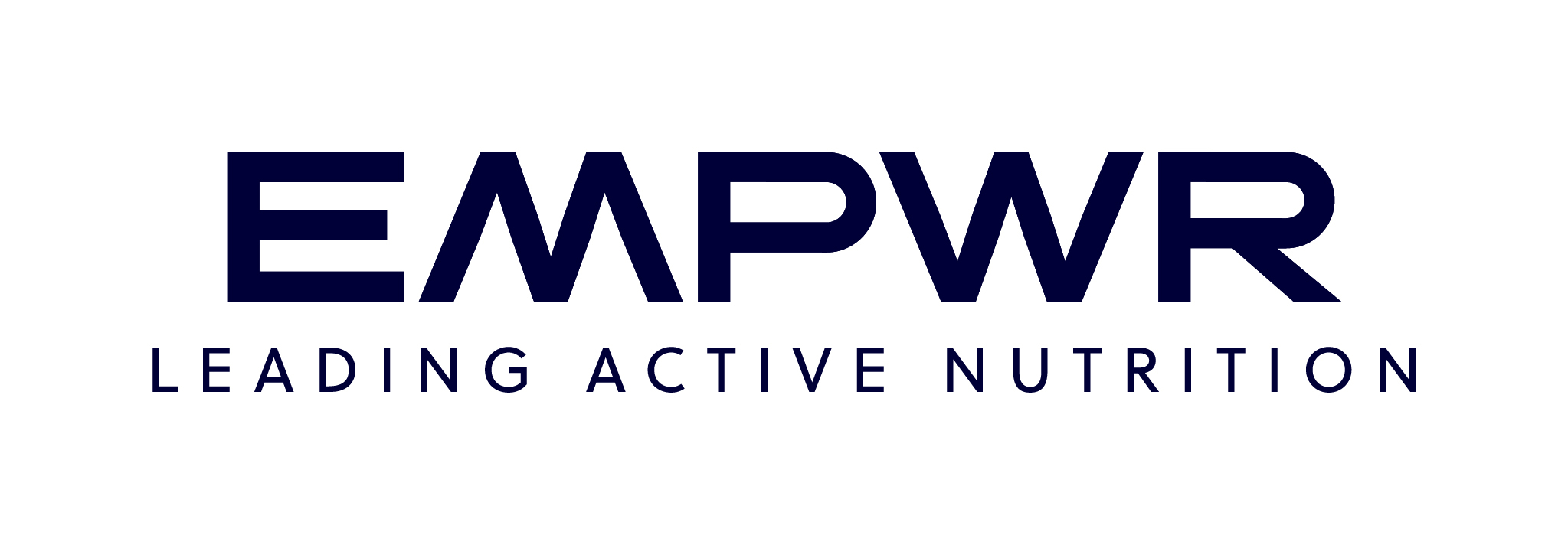Energy management for a leaner, greener business
For our first blog, we’re talking about energy management – the process of collecting energy consumption data, showing pain points and opportunities, and implementing efficient solutions to make your organisation more sustainable and cost efficient. Whether you’re a small tech start-up or a manufacturing giant, energy management has something to offer.

For our first blog, we’re talking about energy management – the process of collecting energy consumption data, showing pain points and opportunities, and implementing efficient solutions to make your organisation more sustainable and cost efficient. Whether you’re a small tech start-up or a manufacturing giant, energy management has something to offer.
The problem with energy
So, about those energy prices…
The current global crisis is pinching everyone’s pockets, from students renting a room to families and their fuel consumption, to start-ups and larger organisations using various forms of energy for heating, production and about everything else.
And it’s not only the financial cost – there’s also a growing social pressure to be more sustainable, both as an individual and as a business. This is being further enforced through growing legislation around renewable energy targets - the European Commission has proposed raising theEU’s renewable energy target to 40% by 2030, for example.
Thus, the hot topic for today – energy management! The process of collecting information on how, where, when, and why energy is being used throughout your organisation. Here’s a glimpse into the benefits of effective energy management:
- Reduce energy costs, and in effect, production costs.
- Get clear insights on utility consumption.
- Identify process disruptions/failures faster.
- Lower your environmental impact by lowering your carbon emission.
- Predict your energy consumption accurately and act accordingly.
Manufacturing businesses can gain the most from improved energy management.

Who can benefit from energy management?
No major surprise, the industrial sector uses more delivered energy than any other end-use sector, for example - chemical, metal, cement, and paper & pulp industries. Much of that energy goes to heating (both for industrial processes and working spaces), boiler fuel (to generate steam or hot water for process heating and generating electricity) and treating feedstocks to make products such as plastics and steel.
Thus, manufacturing businesses can gain the most from improved energy management. Having said that, all businesses (and even small households) can benefit from knowing more about their energy usage. It’s a fantastic way of reducing costs with minimal effort or investment. Knowing how much gas or electricity is consumed by a particular office space or process is easy to find out and act upon through energy optimisation.
Having a good overview of energy consumption for different processes across different sites is also useful to perform benchmarking exercises. More often than not, teams can learn from each other and improve energy consumption together
Having a future proof & scalable IOT architecture is key.
Step by step
The first step in tackling an energy optimisation problem is to collect data. Having a future proof scalable architecture is key. Data collection systems vary across industries, but generally the process involves sensors that collect and send information to a centralised system for processing or implementing IIoT systems for collecting and storing data. Some examples of collectable data:
- The temperature inside a component
- The amount of gas needed to raise temperatures
- Electricity used to cool down appliances and processes
- The weight of an item
- Measured acceleration of a part
- The level of occupation
An exploratory data analysis comes after gathering relevant data. Our analysts learn about your production process and provide a detailed report, which our subject matter experts can then put into context and set realistic energy reduction targets. We define current pain points and the quick wins that can improve your energy consumption with minimal investment.
A predictive model that determines what equipment settings will result in optimal energy efficiency is often the end goal. The exact purpose of the model depends on the use-case. For example, a model can be used to predict energy consumption, label data, for better monitoring, or to predict abnormal behaviour in the process, reducing the number of abnormalities.
All of this is carried out within the Mayker way of working – using agile methodologies and technologies to help our clients become more efficient, sustainable, and competitive.
Conclusion
Energy Management is the systematic use of digital technology to manage and improve the energy consumption of the organisation, and it’s a useful exercise not only for those in the manufacturing industry, but for all companies, big and small. It’s a quick, effective, practical way of determining points for improvement, reducing costs, increasing energy efficiency, and becoming a more sustainable organisation!
Curious on how Mayker helped other customers, or ready to optimise your energy use? We can help you every step of the way - from first analysis to identifying opportunities and implementing the right solutions. Get in touch to discuss energy management in more detail!
Alejandro Simó
Digital Manufacturing Consultant
“Seeking to guide manufacturing companies on their road to digitalization”

We pride ourselves on bringing value to all our clients




































